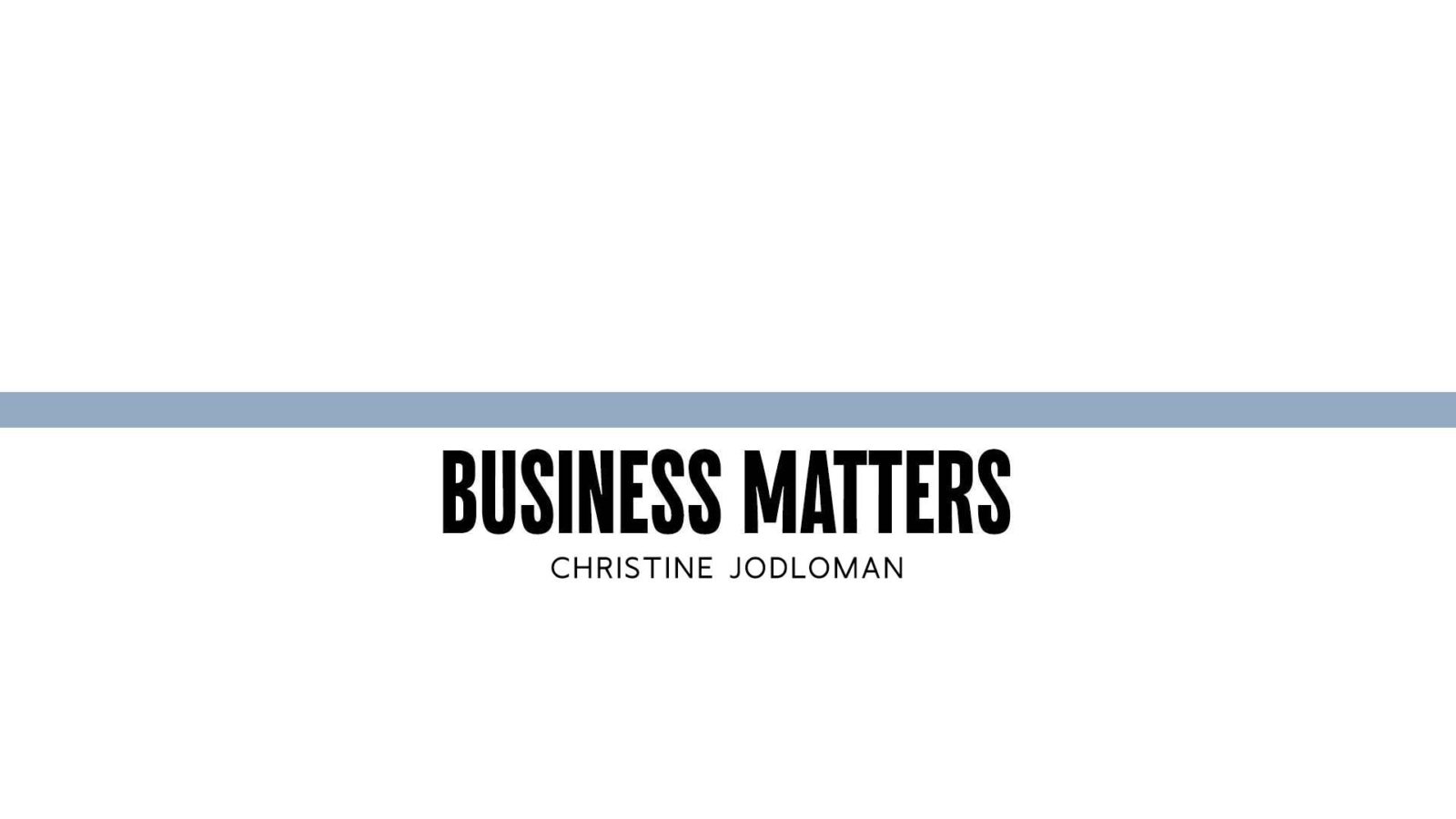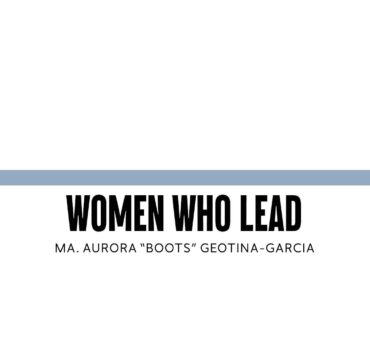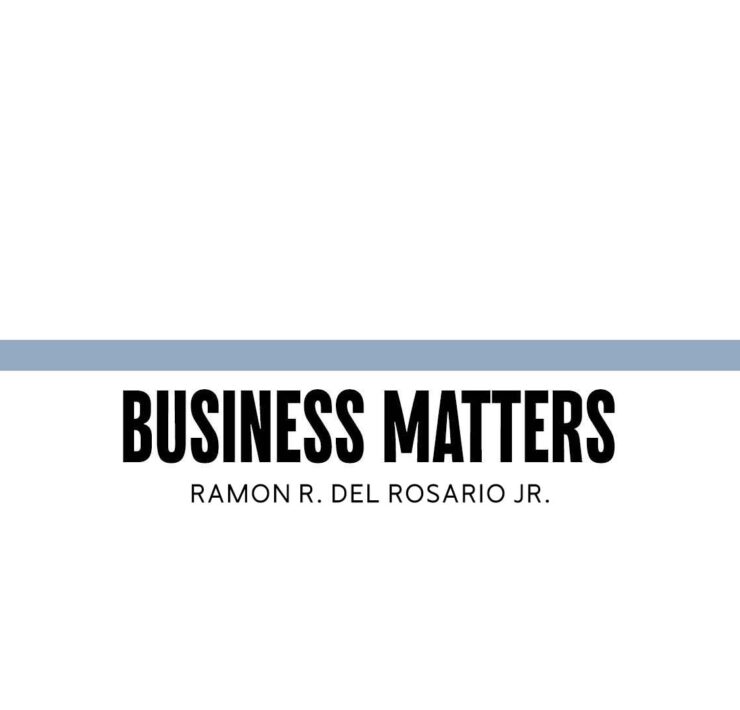From caretakers to changemakers

Every Saturday morning in Barangay Payatas, Quezon City, there’s a strong vibe in the air. A group of urban farmers, mostly mothers, gather with their kids in a community garden. The smell of sautéed vegetables fills the air as volunteers serve up hot meals, finishing off a productive day in the garden. At the heart of this weekly gathering is Tita Zeny, who says, “This isn’t just food; it’s the result of our hard work and hope.”
Tita Zeny is one of over 200 women involved in the FORWARD (Fostering Opportunities and Economic Roles of Women in Agriculture towards Resilient Development) program. This initiative is run by the Agrea Foundation in partnership with the Puso ng Ama Foundation and other supporters. The program places women at the heart of food systems transformation, tackling hunger and malnutrition not just with handouts or policies, but through dignified and community-led leadership.
The stakes are high. Malnutrition in the Philippines costs the country an estimated $8.5 billion annually, according to Nutrition International, with nutritious food still out of reach for many. But solutions don’t always come from above, they grow from the ground and from the hands of women farmers like Tita Zeny. Moreover, during the pandemic, the challenges in the food systems were greatly experienced by urban communities like Payatas. The pandemic was not just a health crisis but a food security crisis as well when the rise of involuntary hunger was prevalent.
In response to these challenges, Agrea Foundation teamed up with private partners and investors on the FORWARD Program, resulting in positive developments, including the Garden of Hope, which is managed by the Women Food Producers Association of Payatas.
The Garden of Hope is a model launched under FORWARD. It started small: training on dream-building, leadership, values formation, sustainable farming, gender and development, seed saving, and a deep sense of solidarity among women who refused to give up. Within years, this group of women weren’t just feeding their families, they were selling vegetables in the local market, establishing the Women’s Food Producers Association (WFPA), recruiting two more groups for the FORWARD Program, setting up their community savings club, and supporting feeding drives reaching 200 neighborhood children. “I used to feel invisible,” Tita Lorna, another WFPA member, says quietly. “Now I feel seen. I feel strong.”
FORWARD isn’t only about growing food. It’s about cultivating agency. Women form savings groups where they pool money. These funds ripple within their groups, turning into social funds, emergency support, and seed funds to support each other’s microenterprises. “It’s not how much we have,” shares Tita Lorna. “It’s what we do with what little we have that changes everything.”
The transformation hasn’t stopped. Two new urban farm sites have blossomed across Payatas. These farms have become living classrooms, where women now teach regenerative agriculture, composting, and climate-smart practices. Nothing goes to waste, scraps are composted, seeds are saved, and knowledge is passed from one hand to the next. One farm site is led by former overseas Filipino workers who have lost their jobs during the pandemic and found their love for urban agriculture. They now set up their hydroponics, savings club, and catfish hatchery and are invited to speak at events and on television to share their stories. Another farm site is led by young mothers and students of alternative learning system, bringing healthy food closer to children.
What makes this program special is that women are seen as more than just workers; they’re decision-makers. Through FORWARD, women are being elected to local food councils where they can influence nutrition and agriculture policies. They participate in community discussions and challenge old norms. With the Garden of Hope as a model, this approach is being adopted in 45 locations across the Philippines, covering 250 hectares that practice sustainable farming.
The support among these women runs deep. They share tools, techniques, stories, recipes, and laughter. They rise early not just to work, but to strengthen their ties and support each other. Women who once were just caretakers are now changemakers.
The Garden of Hope may have started with seeds and soil, but what it has grown is something far richer. It’s a movement. One rooted in dignity, shared purpose, and the power of women. From kitchen tables to community gardens, something is growing, and their harvest is only just the beginning.
—————-
Christine Jodloman is the director of community development and programs of Agrea Foundation.
—————-
Business Matters is a project of the Makati Business Club (makatibusinessclub@mbc.com.ph).





















